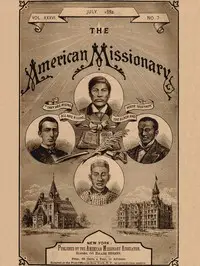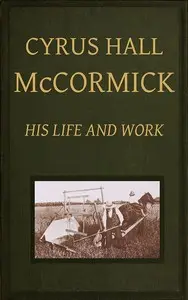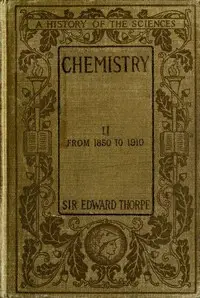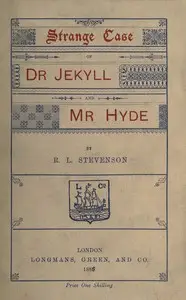"The Trial" by Franz Kafka is a novel written in the early 20th century. The story follows Josef K., a seemingly ordinary bank clerk, who is unexpectedly arrested one morning without being informed of the charges against him. This absurd and bewildering event sets off a bizarre and frustrating journey through a nightmarish legal system that is both surreal and deeply disconcerting. At the start of the novel, Josef K. awakens to find that he has been arrested, although the nature of his crime is never disclosed to him. As he grapples with the incomprehensible situation, K. encounters various figures, including two strange policemen, his landlady Mrs. Grubach, and a mysterious supervisor, all while trying to maintain a semblance of normalcy in his life. The opening chapters illustrate K.'s confusion and indignation as he navigates a hostile and illogical world, revealing Kafka's themes of alienation, the absurdity of bureaucracy, and the struggle for justice in a society that seems indifferent to individual plight. (This is an automatically generated summary.)

The Trial
By Franz Kafka
"The Trial" by Franz Kafka is a novel written in the early 20th century. The story follows Josef K., a seemingly ordinary bank clerk, who is unexpecte...
Franz Kafka was an Austrian-Czech novelist and writer from Prague. He is widely regarded as a major figure of 20th-century literature; he wrote in German. His work fuses elements of realism and the fantastic. It typically features isolated protagonists facing bizarre or surrealistic predicaments and incomprehensible socio-bureaucratic powers. It has been interpreted as exploring themes of alienation, existential anxiety, guilt, and absurdity. His best known works include the novella The Metamorphosis and the novels The Trial and The Castle. The term Kafkaesque has entered English to describe absurd situations like those depicted in his writing.













